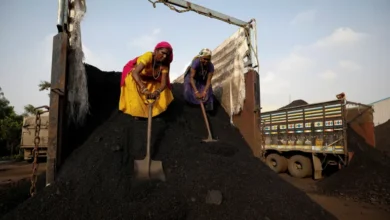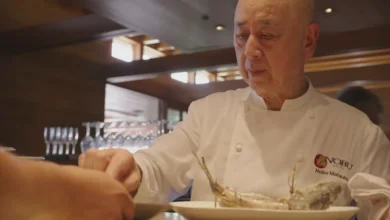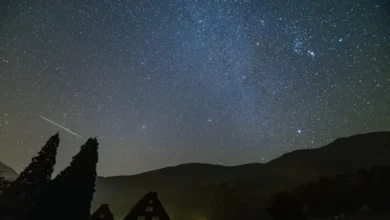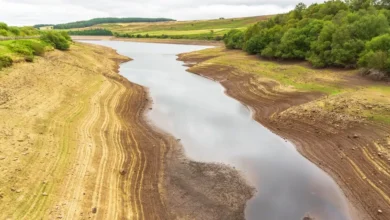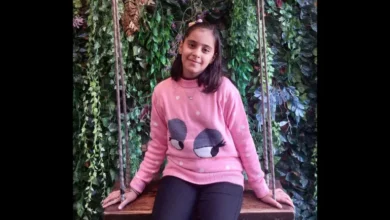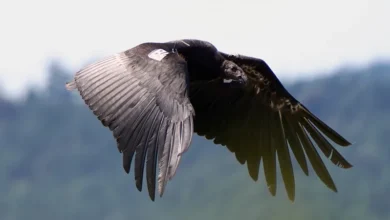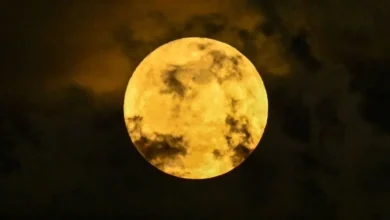Beyond Australia’s failed referendum: Truth, treaty and voice in Victoria
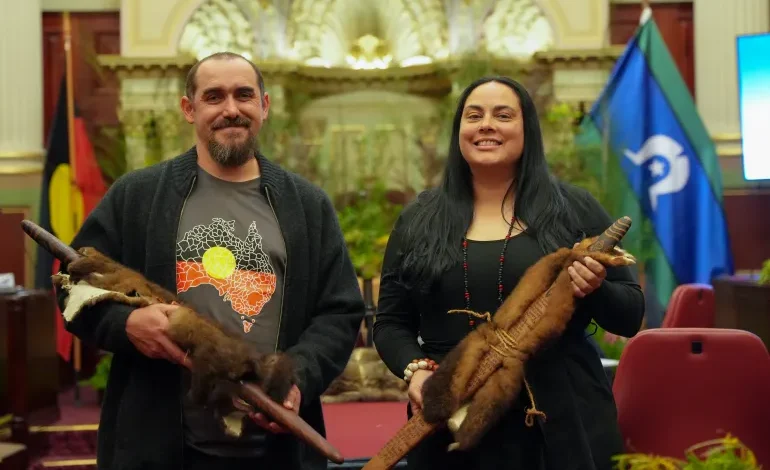
In October this year, a referendum to establish an Indigenous “Voice to Parliament” in the Australian Constitution was heavily defeated at the polls.
Had the vote passed, an advisory group would have been established to make recommendations to the federal government to alleviate the social and economic inequalities experienced by Indigenous people.
In the referendum, 60 percent of Australians voted against the proposal in a campaign marred by disinformation and public racism.
Still, 25-year-old Jordan Edwards remains pragmatic.
“You can’t lose something you never had,” he told Al Jazeera.
The Gunditjmara, Waddawurrung and Arrernte man is a newly-appointed member in the southern state of Victoria’s First Peoples’ Assembly.
Similar to the proposed Voice to Parliament, the First Peoples’ Assembly was established in 2020 to advance treaty negotiations with the state government.
Separate from the federal government, Australian states have the capacity to introduce such initiatives, despite the failure of the national referendum. Currently, only Victoria and Queensland have committed to the treaty process.Edwards also acts as the Youth Voice convener, engaging with Indigenous young people around the state to educate them about a process that aims to secure an agreement between local Indigenous groups, known as “traditional owners” and the government, which would allow some self-determination and decision making on matters affecting the community, including land use and resources.
“I think for young people, [treaty] always been an Elders’ fight, or their parents’ fight. And now, realising that’s on our doorstep, I think we need to grapple with that conversation,” he said.
Looking to the future
Calls for a treaty between Indigenous Australians and both state and federal governments have been echoing for decades, including in the 1991 hit song Treaty, by Indigenous band Yothu Yindi.
Unlike Canada and New Zealand, the British colonial powers did not form treaties with Indigenous people in Australia, instead declaring the land “terra nullius” – nobody’s land – a legal fiction that took more than 200 years to be overturned.
Victoria’s state government committed to establishing a treaty process in 2018, which is set to be cemented in 2024. Edwards says a treaty is important for Indigenous communities and could especially affect young people into the future.
“They are our largest demographic in our population. So, we actually need young people there because it will affect them as a majority,” he said.
While non-Indigenous Australia has an ageing population, Indigenous communities have far more younger people. A 2021 census showed there were 60,000 Indigenous people in Victoria, with about half of them under the age of 25.
Edwards’s focus on young people is shared by Esme Bamblett who is also an elected member of the First Peoples Assembly and the Elders’ Voice convener.
“We need to think about seven generations’ time,” she told Al Jazeera.
“Personally, in seven generations’ time, I’d like my children and my descendants to have generational wealth, I want them to have every opportunity just like everybody else. I want them to know that they are strong and to be proud of who they are and have a strong identity as Aboriginal people.”
Bamblett said the inclusion of an Elders’ Voice at a parliamentary level was important not only to highlight the challenges Indigenous elders face but also to reflect Indigenous cultural protocols.
“A very important part of our culture has been respect for our elders,” she said.
“The heads of all the families were the Elders, and the Elders would get together and they would then decide on issues and actions and there would be a consensus of opinion about what would happen. You learn from a very young age to respect your elders, and to listen to them.”
Indigenous people had lived on the continent now known as Australia for more than 65,000 years, when the British sailed into Botany Bay in 1788.
Their declaration of “terra nullius” paved the way for violent colonisation in the 1800s and punitive assimilation policies that removed Indigenous children from their families well into the late 20th century. Known as the Stolen Generations, this attempt at assimilation was buttressed by strict immigration laws which excluded non-Europeans, known as the “White Australia” policy.
Those policies’ negative legacy continues to be felt by the more than 30 Indigenous nations that live in the state of Victoria.
